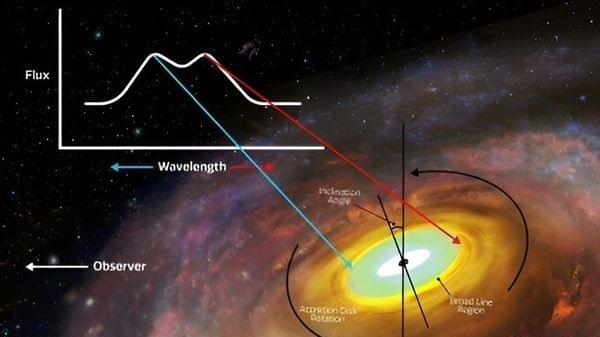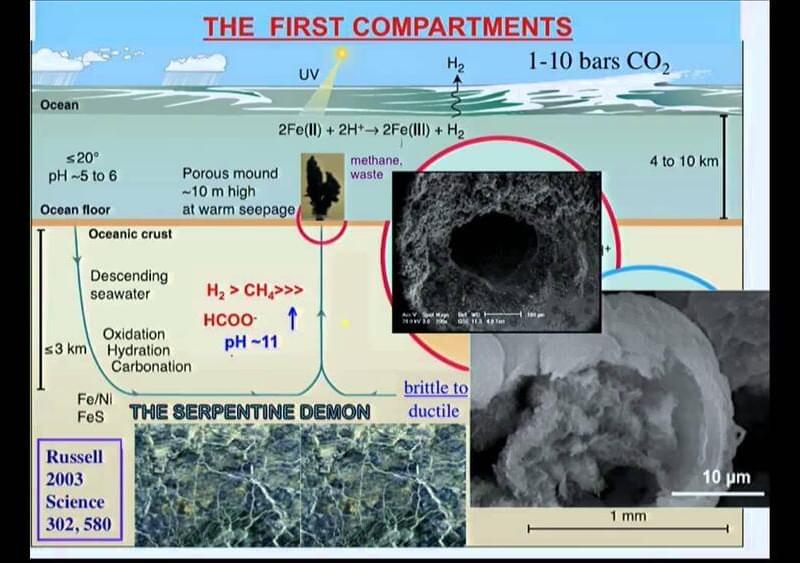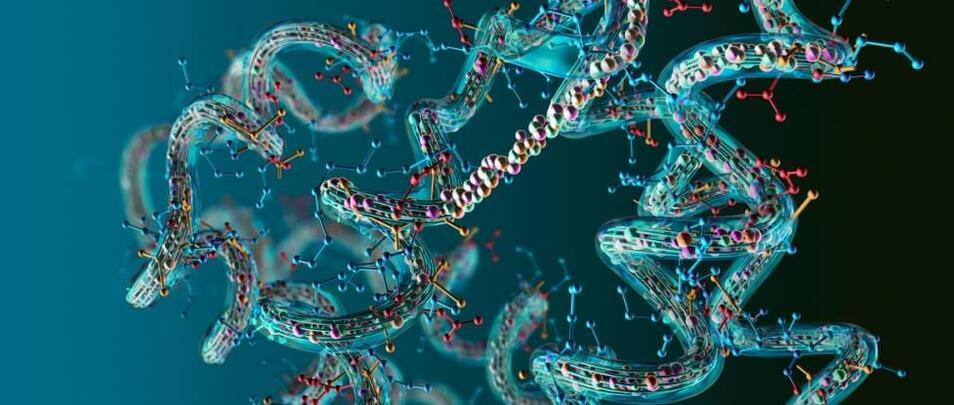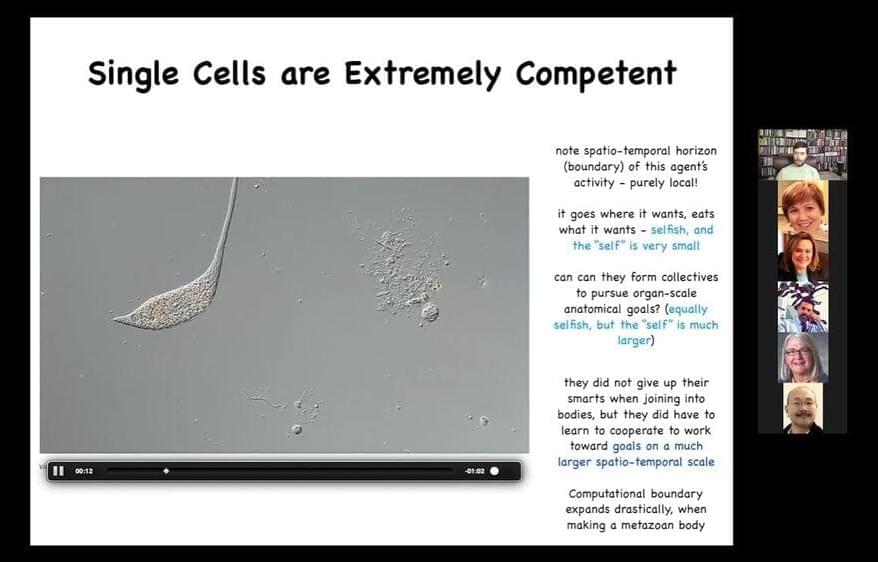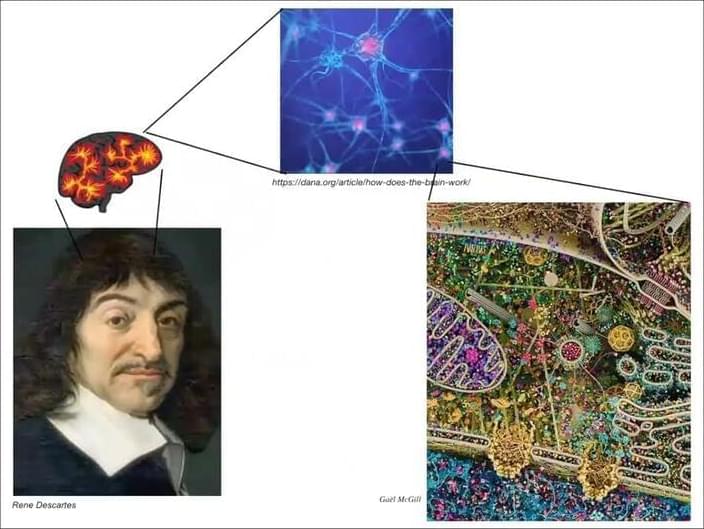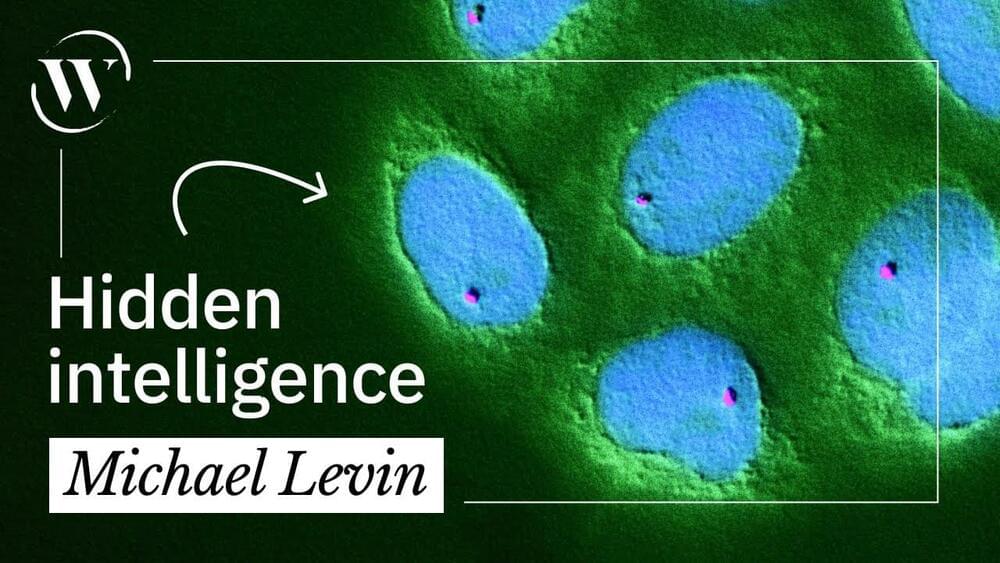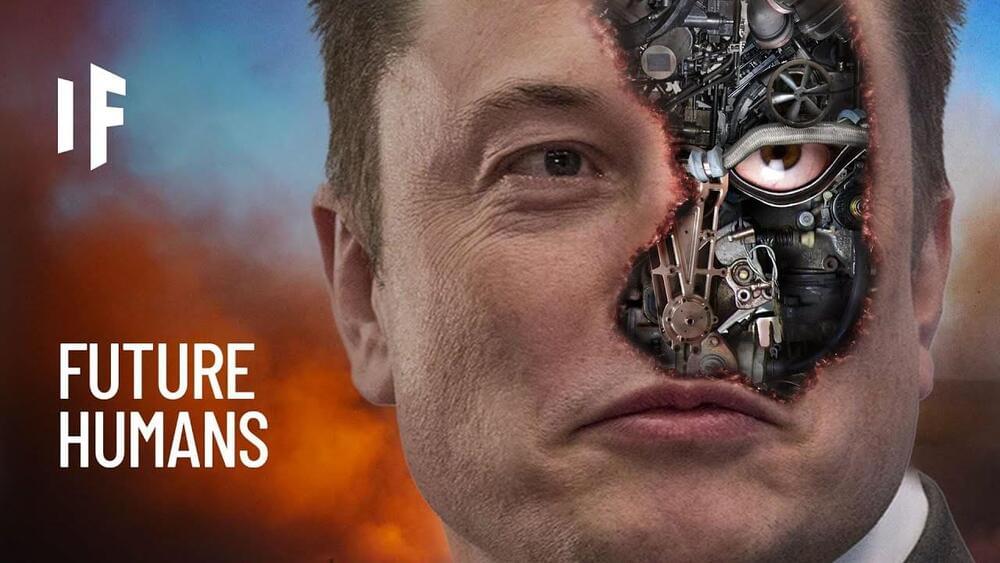
Scientists have recently reviewed the available literature to examine the critical roles played by mitochondria in maintaining homeostasis. The review summarized the involvement of mitochondria in age-related disease progression and highlighted its potential as a therapeutic target of these diseases. This review has been published in Experimental & Molecular Medicine.
Mitochondria is a cytoplasmic organelle in most eukaryotic cells and is enclosed by two phospholipid membranes: the inner mitochondrial membrane (IMM) and outer mitochondrial membrane (OMM). These membranes separate functionally compartmentalized structures, i.e., matrix and intermembrane space. Mitochondria contain a unique genetic code, mitochondrial DNA (mtDNA).
During evolution, most mitochondrial genes were lost or translocated to nuclei. However, genes that remained in mtDNA encode for essential translational apparatus, i.e., ribosomal RNAs and transfer RNAs. In addition, these genes also encode proteins that are key components of oxidative phosphorylation system (OXPHOS) complexes embedded in the IMM.
